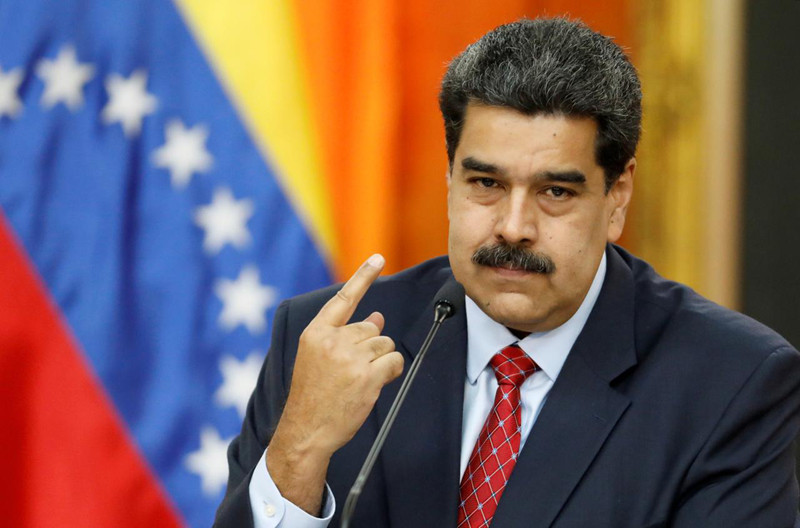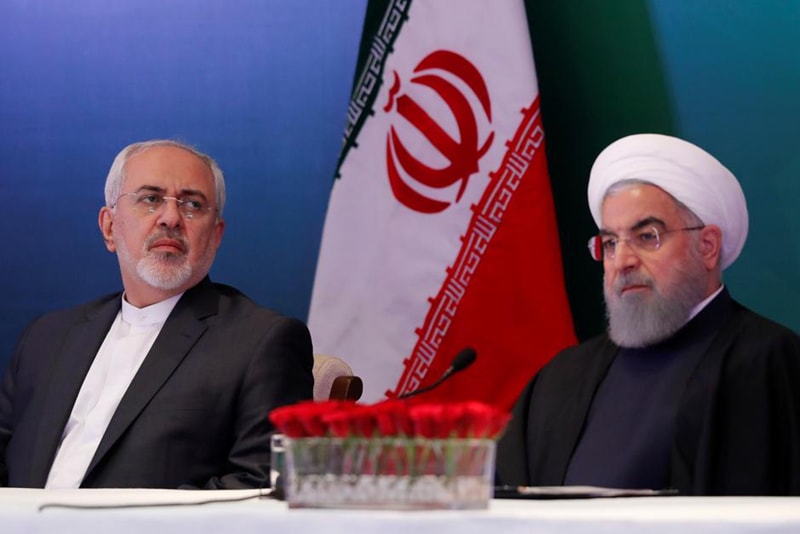US strengthens isolation of Iran; Russia warns of imminent 'death' of INF Treaty
(Baonghean.vn) - Russia warns that the time is coming to "terminate" the Russia-US INF Treaty; Indonesia declares a state of security alert in the capital Jakarta; President Maduro calls for early parliamentary elections; the US strengthens its siege to isolate Iran...
Russia warns that the time is coming to "terminate" the Russia-US INF Treaty
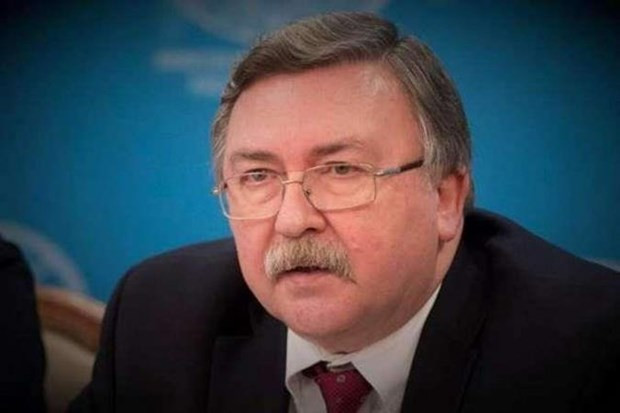 |
| Permanent Representative of Russia to the International Organizations in Vienna of Austria Mikhail Ulyanov. Photo: urdupoint |
The Russian Permanent Representative to international organizations in Vienna, Austria, Mikhail Ulyanov, said on May 21 that the fate of the Intermediate-Range Nuclear Forces (INF) Treaty between Russia and the United States will be decided on August 2 - the deadline after Washington unilaterally withdrew from the treaty and Moscow failed to save the treaty.
According to Sputniknews, speaking at a conference of the Valdai International Discussion Club in Vienna, Mr. Ulyanov emphasized the "unfortunate situation" of this international mechanism on arms control. He said: "After the US unilaterally withdraws from the INF, on August 2, this treaty will be terminated. Mr. Ulyavov stated: "Russia has not withdrawn from the treaty, but we cannot maintain the treaty ourselves."
Indonesia declares security alert in capital Jakarta
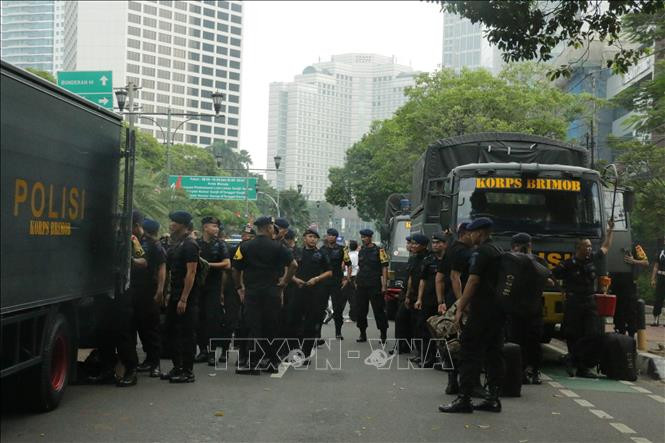 |
| Police on the streets of Jakarta. Photo: VNA |
On May 21, the Indonesian National Police Agency declared a state of alert in the capital Jakarta after the results of the country's presidential election were announced. Speaking to the press, Indonesian National Police spokesman Brigadier General Dedi Prasetyo said that the state of alert has been in effect since May 21 and will end on May 26. During this time, armed elements may plot bomb attacks against marches that were planned in advance to protest the election results. Mr. Prasetyo stressed that terrorist attacks "are a real threat, especially after security forces arrested many armed elements who planned to carry out terrorist attacks on May 22."
South Korea and the US seek ways to resume talks with North Korea
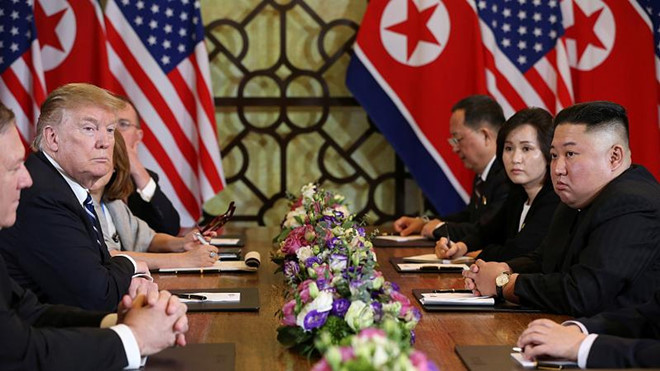 |
| Chairman Kim Jong-un and President Donald Trump during their meeting in Hanoi in February. Photo: Reuters |
On May 21, South Korean Unification Minister Kim Yeon-chul said that South Korea and the United States are considering "various ways" to resume stalled denuclearization talks with North Korea. According to Yonhap news agency, speaking at a press conference in Seoul, Mr. Kim Yeon-chul stated: "Overall, the situation is calm, but we are making efforts in different ways to resume negotiations. South Korea and the United States also share the view that the situation needs to be kept under control." However, the South Korean Unification Minister did not specify what the "various ways" were.
President Maduro calls for early parliamentary elections
|
Venezuelan President Nicolas Maduro. Photo: Reuters |
Venezuelan President Nicolas Maduro on May 20 called on opposition leaders to hold early parliamentary elections, saying it was a suitable solution to the ongoing political, economic and social crisis in the South American country.
By calling for early elections for the National Assembly, Mr. Maduro believes that the election results will be the clearest proof of who will be supported by the people and that will be a peaceful, democratic and constitutional solution to what is happening in Venezuela at the present time.
The US strengthens its isolation of Iran
|
President Rouhani said he supports negotiations but Iran will not negotiate under current conditions. Photo: Reuters |
The US continues to apply all political and economic measures to isolate and strangle Iran's economy through the goal of reducing Iran's oil exports to zero. The US State Department spokesman announced that it will seriously consider and take appropriate action against any violation of the embargo on Iran's oil industry. This is the US's response after information that an oil tanker unloaded a shipment from Iran at a Chinese port. Iran's crude oil exports in May fell to 500,000 barrels/day or less, after the US tightened its grip on oil, Iran's main source of income. The US government believes that economic pressure will force Iran to accept stricter conditions on its missile and nuclear programs, as well as stop participating in wars in Syria, Iraq, and Yemen.

